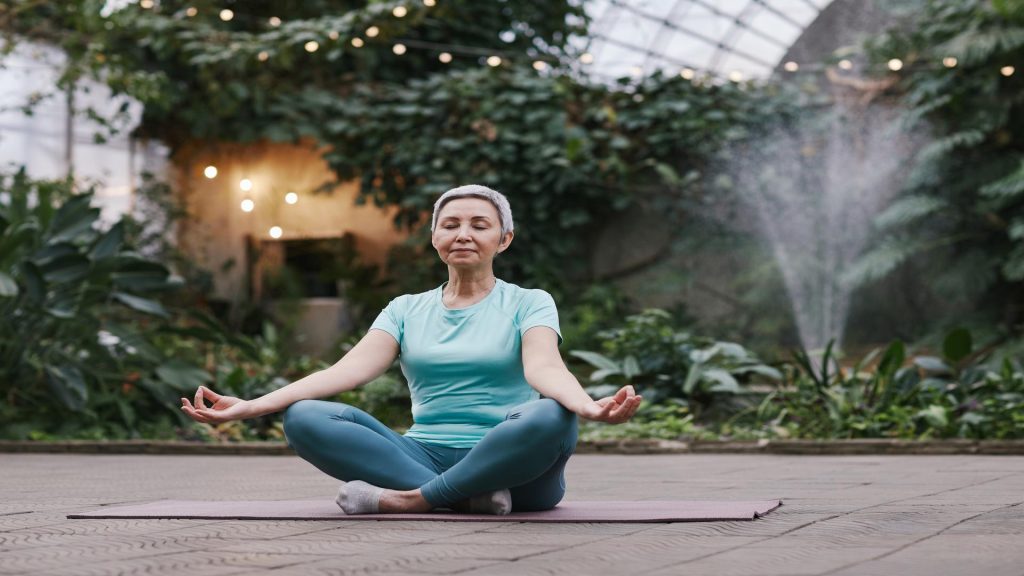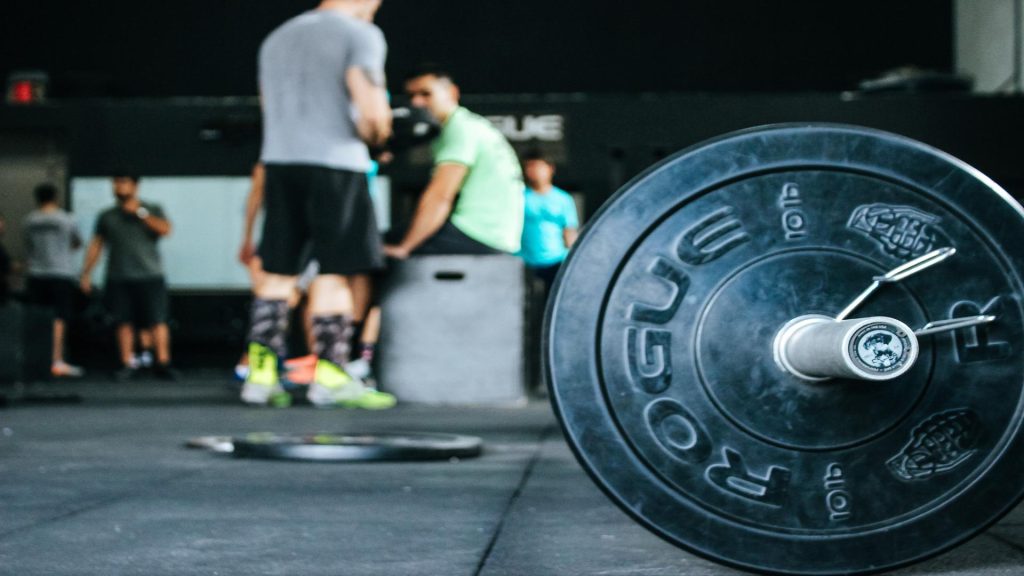
Hydration for Active People
Introduction
Staying properly hydrated is essential for anyone, but it becomes even more important for active individuals. Whether you're an athlete, fitness enthusiast, or simply enjoy engaging in physical activities, adequate hydration is key to performing at your best and maintaining overall health. In this article, we will explore the importance of hydration for active people and provide valuable tips on how to stay properly hydrated.
1. The Significance of Hydration
1.1 Why is hydration important?
1.2 The effects of dehydration on performance
1.3 Hydration's impact on recovery
2. Understanding Sweat and Electrolytes
2.1 How does sweating affect hydration?
2.2 Electrolytes: the key to hydration
2.3 Replenishing electrolytes
3. Hydration Guidelines for Active Individuals
3.1 Drinking before, during, and after exercise
3.2 Monitoring fluid intake
3.3 Recognizing signs of dehydration
3.4 The role of urine color in hydration
4. Choosing the Right Hydration Sources
4.1 Importance of water as a primary hydration source
4.2 Sports drinks for extended periods of activity
4.3 Incorporating hydrating foods into the diet
5. Hydration for Specific Activities
5.1 Hydration tips for endurance training
5.2 Hydration considerations for team sports
5.3 Hydration during outdoor activities
5.4 Hydration for recreational activities
Frequently Asked Questions
Q1: How much water should I drink during exercise?
A: It is recommended to drink about 7-10 ounces of water every 10-20 minutes during exercise.
Q2: Are sports drinks better than water for hydration?
A: Sports drinks can be beneficial for activities lasting longer than an hour or when electrolyte replenishment is necessary.
Q3: Can I rely on thirst as a hydration indicator?
A: Thirst is not always an accurate indicator of hydration status, so it's important to drink regularly regardless of thirst.
Q4: Can being properly hydrated improve performance?
A: Yes, staying properly hydrated can enhance physical performance and prevent fatigue.
Q5: Are there any negative effects of overhydration?
A: Overhydration can lead to a condition called hyponatremia, which is a low concentration of sodium in the blood.
� Hydration for Active People
� HEALTH AND FITNESS
� HYDRATION
� Learn why proper hydration is crucial for active individuals and discover valuable tips to stay hydrated during physical activities.
Thank you for reading. For more insights, visit our #healthzone#3.com/blog">BLOG. We appreciate your support!



